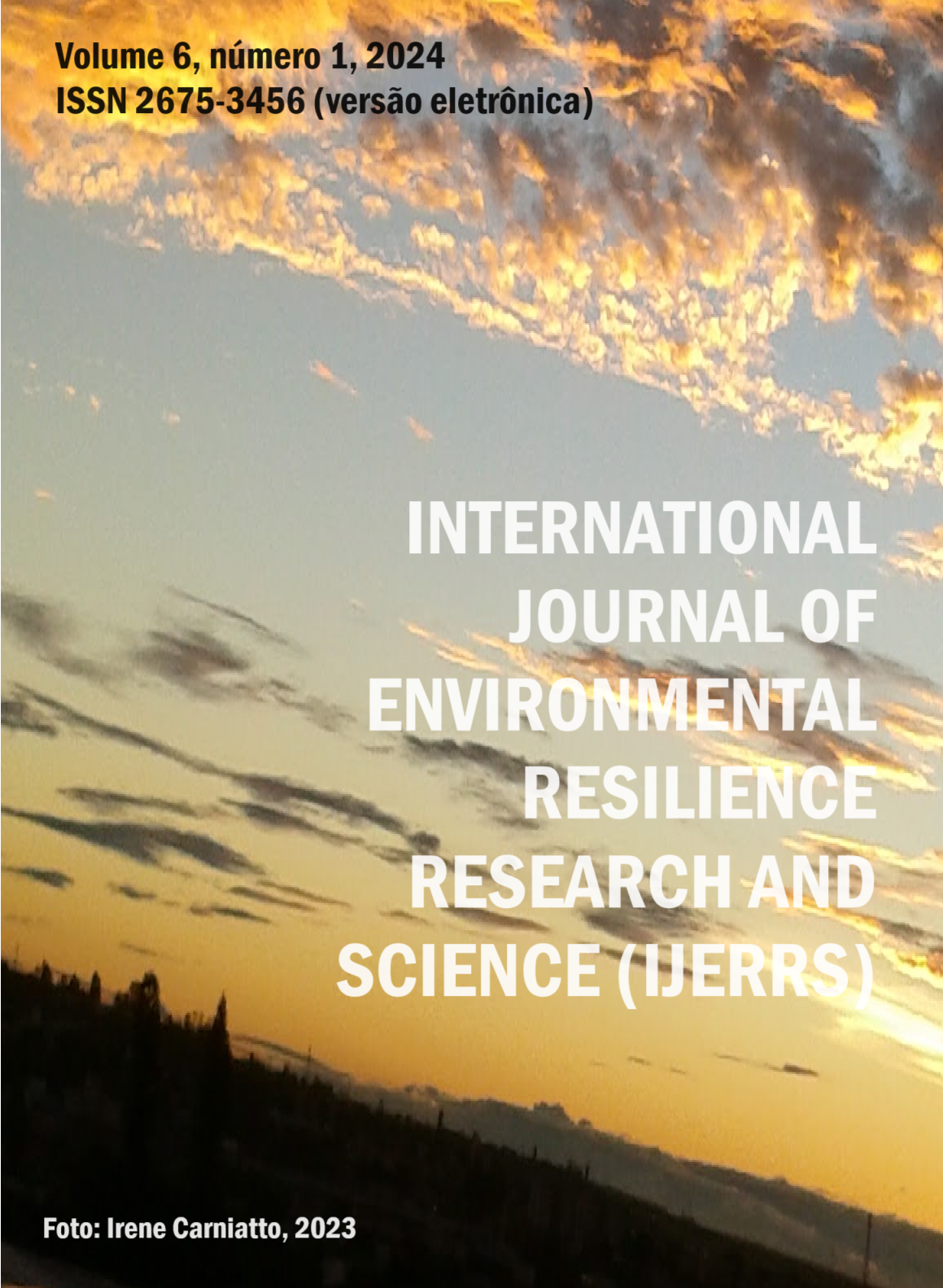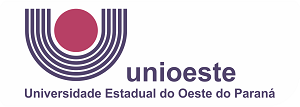Educação Ambiental Informal e Sustentabilidade: Ações no Quotidiano
DOI :
https://doi.org/10.48075/ijerrs.v6i3.32300Résumé
O presente estudo tem por objetivo identificar ações de Educação Ambiental para o desenvolvimento Sustentável no quotidiano. Para tanto, elegeram-se seis variáveis e uma sétima, como considerações gerais: desmatamento; extinção de espécies; poluição do ar e poluição e consumo de água; poluição sonora e visual; alterações climáticas e degradação do solo. Procedeu-se a uma pesquisa exploratória qualitativa, por meio de um questionário semiestruturado, aplicado a jovens do bairro Itoupava Central, Blumenau, SC e a adultos do mesmo bairro, procurando conhecer as práticas de Educação Ambiental para o desenvolvimento sustentável no quotidiano. Na discussão dos dados, procedeu-se à tabulação dos respondentes e observações críticas dos dados. Se é procedente a assertiva “a palavra convence, o exemplo arrasta”, atribuída a Confúcio, a hipótese é: se multiplicarmos exemplos de boas ações de Educação Ambiental no quotidiano, acredita-se que estas podem contribuir com a consciência ambiental dos jovens que, somadas às ações consequentes da Educação Ambiental formal, contribuirão para a sustentabilidade do planeta Terra, evitando seu colapso. Constatou-se, pelas respostas aos questionários, que existe a consciência e um comportamento responsável de cuidado, maior entre os adultos, para com a sustentabilidade do Planeta Terra e que, por isso, não é consequente no agir dos jovens.
Téléchargements
Publié-e
Comment citer
Numéro
Rubrique
Licence
(c) Tous droits réservés Journal Internationale de Recherche et de Science sur la Résilience Environnementale 2024

Cette œuvre est sous licence Creative Commons Attribution - Pas d'Utilisation Commerciale - Partage dans les Mêmes Conditions 4.0 International.
Aviso de Direito Autoral Creative Commons
Política para Periódicos de Acesso Livre
Autores que publicam nesta revista concordam com os seguintes termos:
1. Autores mantém os direitos autorais e concedem à revista o direito de primeira publicação, com o trabalho simultaneamente licenciado sob a Licença Creative Commons Attribution que permite o compartilhamento do trabalho com reconhecimento da autoria e publicação inicial nesta revista.2. Autores têm autorização para assumir contratos adicionais separadamente, para distribuição não-exclusiva da versão do trabalho publicada nesta revista (ex.: publicar em repositório institucional ou como capítulo de livro), com reconhecimento de autoria e publicação inicial nesta revista.
3. Autores têm permissão e são estimulados a publicar e distribuir seu trabalho online (ex.: em repositórios institucionais ou na sua página pessoal) a qualquer ponto antes ou durante o processo editorial, já que isso pode gerar alterações produtivas, bem como aumentar o impacto e a citação do trabalho publicado (Veja O Efeito do Acesso Livre).
Licença Creative Commons
Esta obra está licenciada com uma Licença Creative Commons Atribuição-NãoComercial-CompartilhaIgual 4.0 Internacional, o que permite compartilhar, copiar, distribuir, exibir, reproduzir, a totalidade ou partes desde que não tenha objetivo comercial e sejam citados os autores e a fonte.









